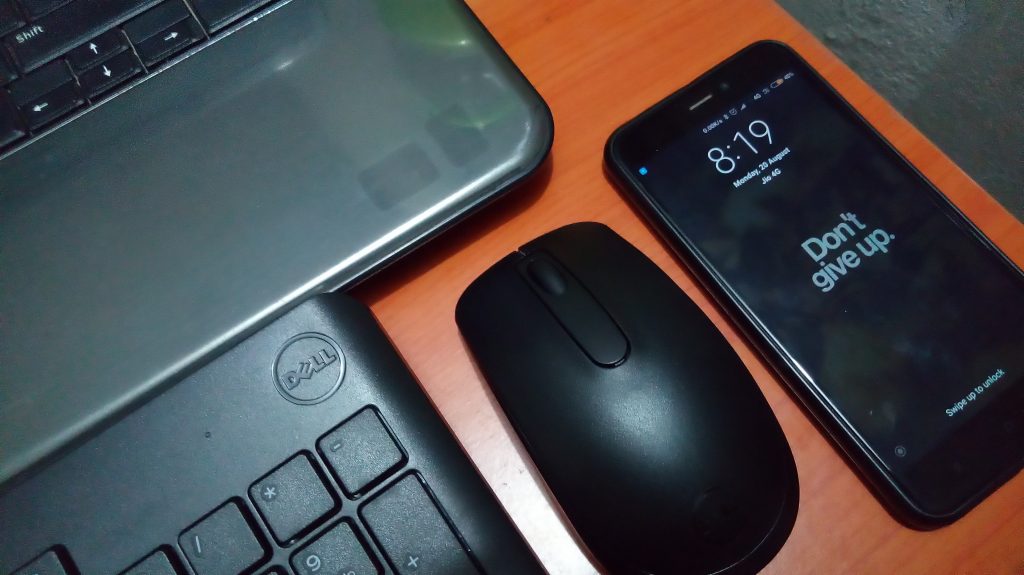All over the world people use 4G technology, and it has been serving us pretty good so far. It appeared in 2000 and 4G made mobile Internet speeds up to 500 times faster than 3G and allowed support for HD TV on mobile, high-quality video calls, and fast mobile browsing. This was massive progress especially for the evolution of smartphones and tablets.
The Internet of Things is now possible, with the announcement of 5G implementation throughout the world starting in 2020. 4G will not be able to handle all of those connections that will be on the network. Experts expect more than 20bn connected devices by 2020, and this is where 5G comes in hand.
It is widely believed that 5G is smarter, faster and more efficient than the existing 4G technology. 5G is set to be 100 times faster than 4G. Low latency is the essential difference between 4G and 5G. And if you are wondering what latency actually is… It is the time that passes from the moment information is sent from a device until it can be used by the receiver.
If latency is reduced you will be able to use your mobile connection as a replacement for your cable modem and Wi-Fi. 4K videos would also be available for watching without the usual long buffering. 5G will contribute to the usage of current devices and emerging technologies such as self-driving cars and connected home products.
All of these statements are still theoretical, and it will take a lot of investment by governments and mobile network operators to make them work.
There is something that needs to be figured out, and that is the security, which is in danger when a lot of devices are connected to one network. So, governments and mobile operators must ensure they have the correct level of security before 5G can be rolled out.

